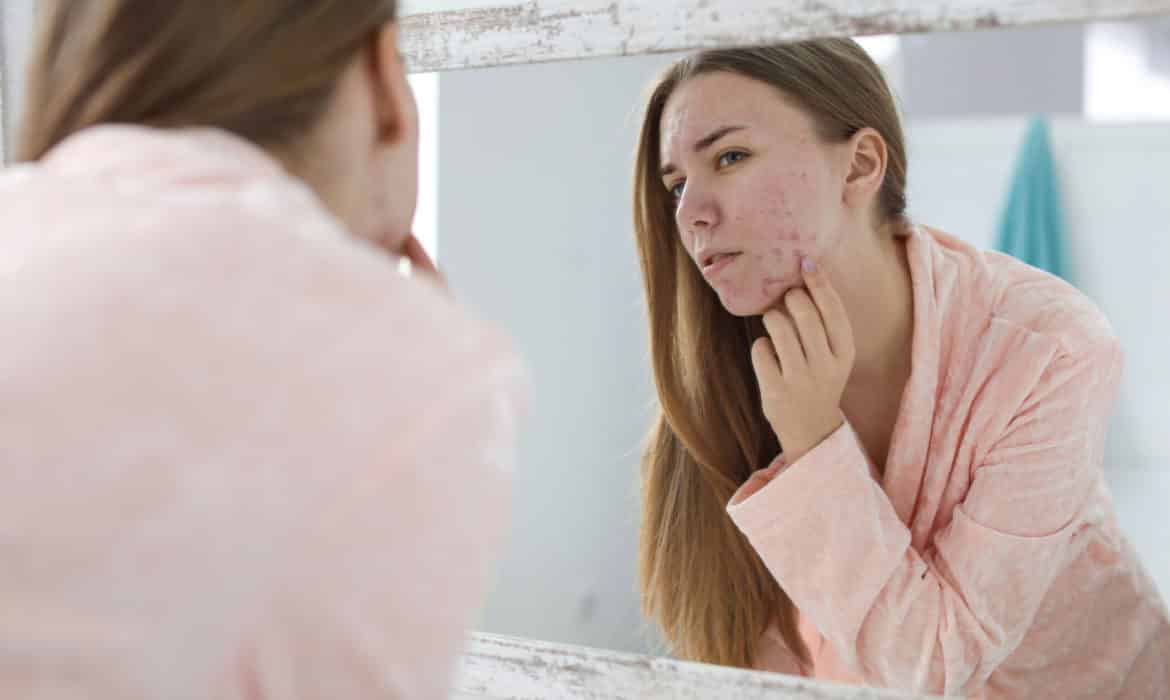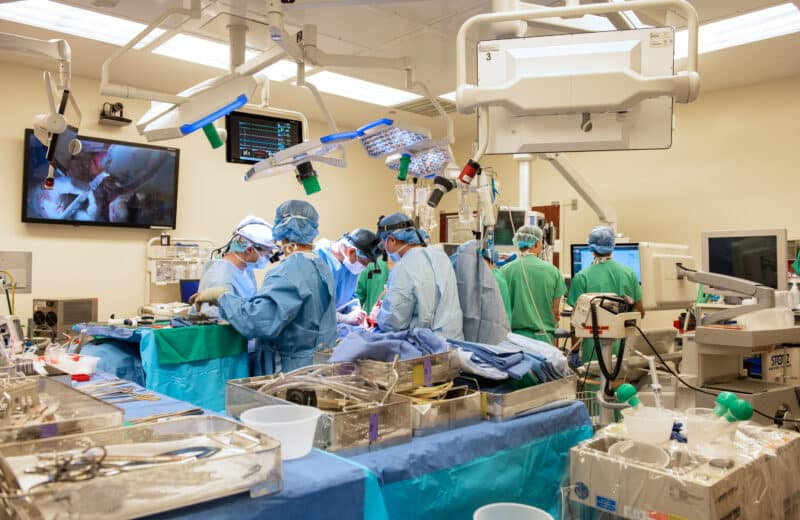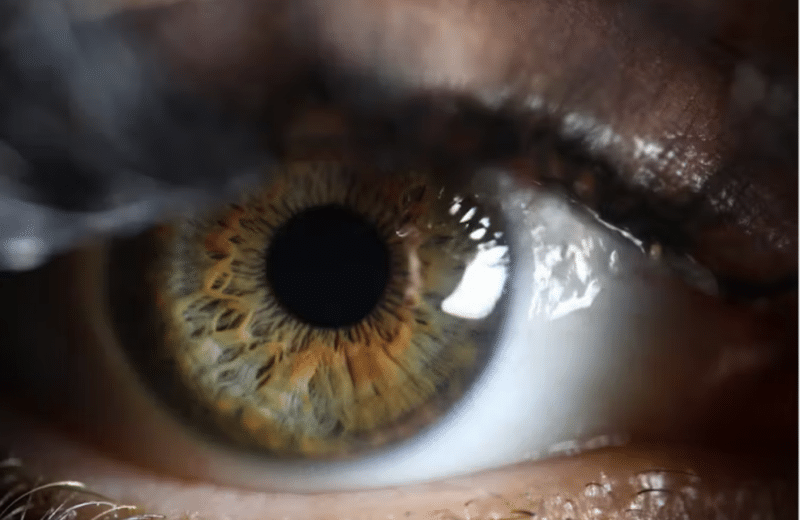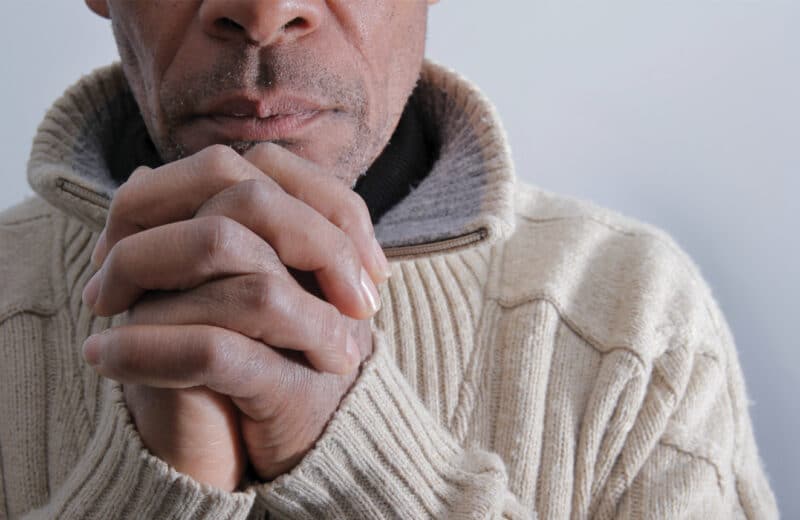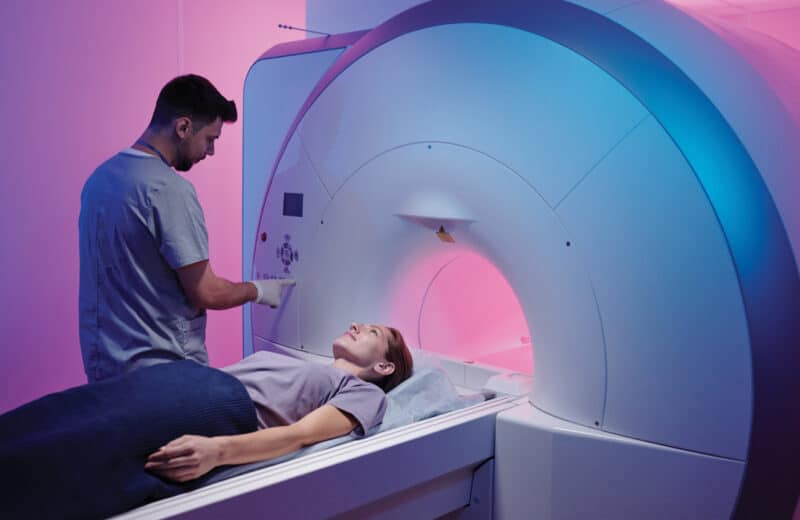Half of women fight with adult acne. Doctors aren’t sure of the cause but are finding better treatments.
When Donna Bertoncini was in the 7th grade, she developed acne and treated it with the typical over-the-counter products that all teenagers count on. She thought it would eventually go away. She was wrong.
“You think you’re going to outgrow it, but it seemed like the older I got, the worse it got,” says Bertoncini. “I’m 47, and you would think I wouldn’t have to worry about this anymore.” Even mentioning her adult acne feels taboo. “For me, it’s still a problem to talk about it because I feel so awkward.”
But Bertoncini is not alone in her suffering. “Adult acne is more and more common,” says Dr. Maria Tsoukas, assistant professor of dermatology at the University of Chicago Medical Center. “It is seen in 50 percent of adult women and 25 percent of adult men. Cosmetics, medications, hormone changes—especially in women—and even stress can induce acne, so it’s important to address why it occurs so we can reach a more successful treatment.”
Finding that right treatment is not always easy. Dr. Julie Moore, who practices dermatology in Melrose Park and Lombard and is an assistant professor in the dermatology department at Rush University Medical Center, recalls with a laugh, “When I started practicing about 21 years ago, a pediatrician asked me what my ‘recipe’ for acne was. But I can see 20 people and give them 20 different things because there are a variety of types of acne and treatments.”
Bertoncini, who is a patient of Moore’s, has tried quite a few treatments including oral and topical antibiotics like retinol and Accutane. Moore and Tsoukas also use laser and photodynamic light therapy (PDT or blue light) to treat adult acne.
The laser and light treatments are often preferred by adult women because oral antibiotics can cause yeast infections or interfere with some oral contraceptives as well as possibly cause birth defects in pregnant women. Light treatments can also improve brown spots obtained through sun damage.
“At night, when I see something or feel something under the skin, I put on the topical Duac,” says Bertoncini. “It’s like a miracle drug, and I will not leave home overnight without it.
“I think my acne has to do with hormones because it always flares up once a month, but I’ve definitely made progress.”

